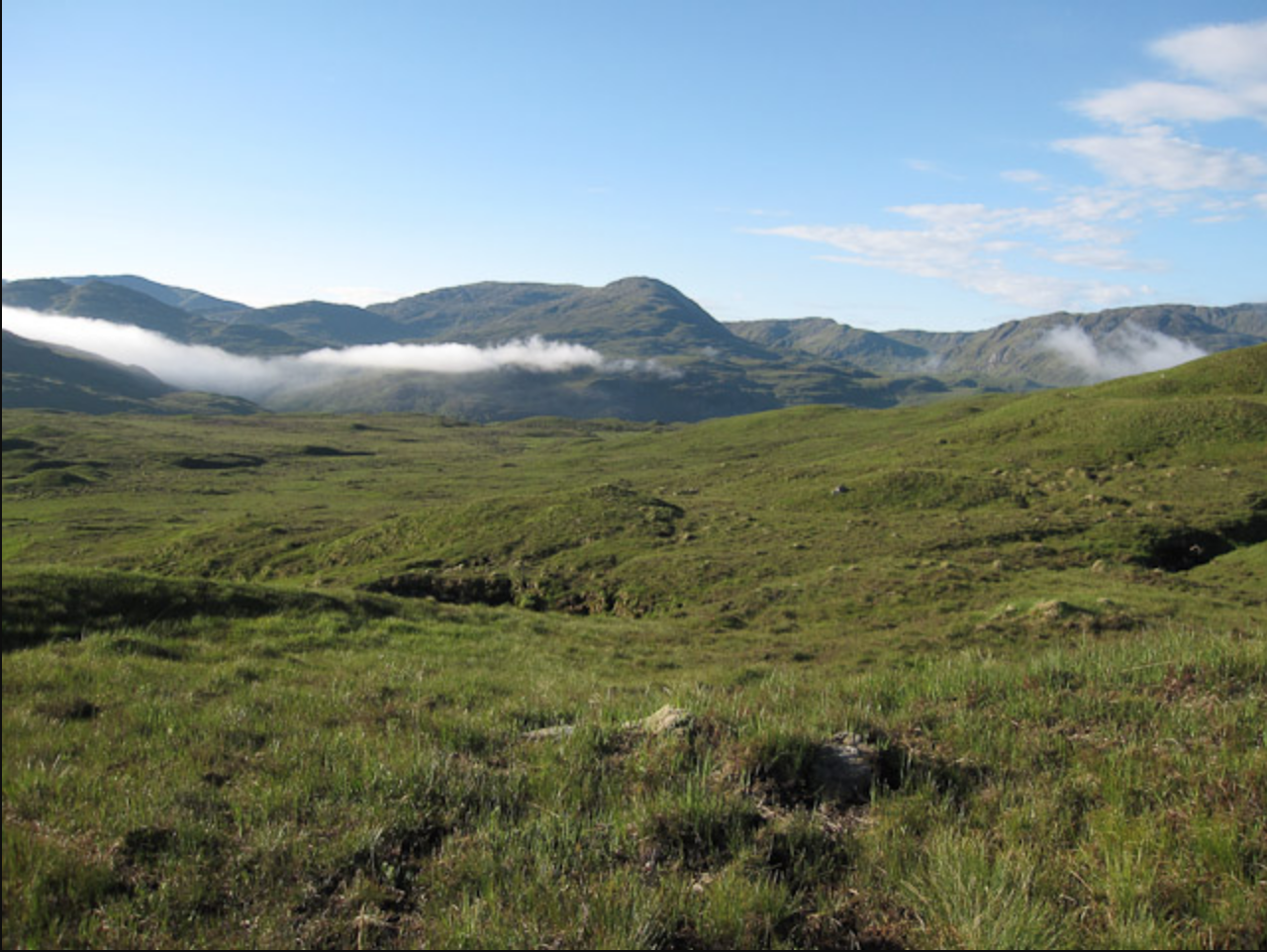
Coille Bhan
• West Highlands and Islands •
The Battle of Coille Bhan (the name of which comes from the Scottish Gaelic for White Wood) was fought in 1721 near Attadale, in the county of Ross in the Scottish Highlands in the aftermath of the Jacobite rising of 1719. It was fought between a British government force against Highlanders of the Clan Mackenzie.
The Battle of Coille Bhan followed on from the Battle of Glen Affric in 1721 when government forces had failed to take the lands of Mackenzie of Seaforth. The taxes being collected by Mackenzie's factor, Donald Murchison were being sent to Mackenzie himself who was living in exile in France for his part in the Jacobite rising of 1715, rather than the taxes going to the British crown. It was decided that a second attempt should be made to seize the estates of Mackenzie of Seaforth.
The Battle of Coille Bhan
160 soldiers of Colonel Kirk's regiment left Inverness, led by Captain McNeil who had previously served in the Highland Watch regiment. Unlike their predecessors who had been ambushed in Glen Affric, McNeil took a longer but easier route, from to Inverness to Dingwall, Strath-garve, and Loch Carron.
Mackenzie's force were led by Colonel Donald Murchison who had also been the commander at the previous conflict in Glen Affric. Donald Murchison marched his main force to the top of Mam Attadale while a relative of his, Kenneth Murchison went forward with 13 men, all armed with muskets to prepare for an ambush at Coille Bhan (White Wood).
Captain McNeil with 18 men of his government force advanced on Kenneth Murchison's position. They received fire in which several of the government troops were wounded and one was killed. However, McNeil persisted in attacking his enemy and eventually he defeated them and Kenneth Murchison's men withdrew, as they were unable to resist any further.
However, although Captain McNeil had defeated this advance force, he soon heard of the larger group of Mackenzies waiting at Attadale under the command of Donald Murchison. As a result, McNeil and his men returned to Inverness.
No further attempts were made on Mackenzie of Seaforth's lands.


